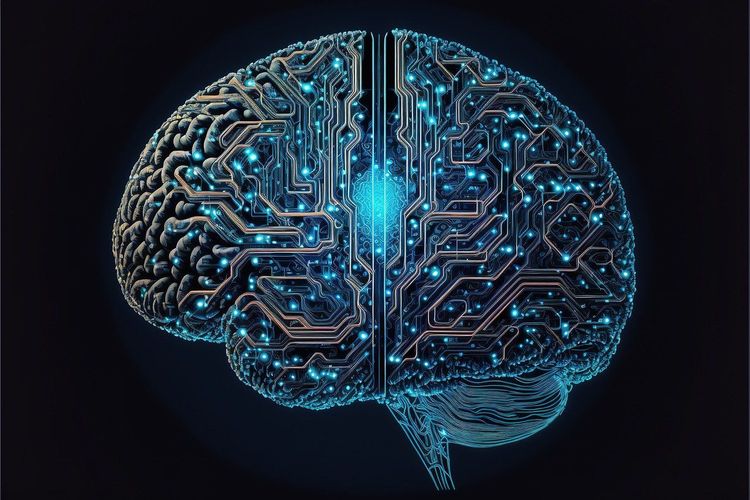The Rise of Artificial Intelligence in Education and Industry
In our digital age, Artificial Intelligence (AI) has become essential, significantly influencing various sectors. In response, many Chinese universities have introduced specialized programs focused on AI, aligning their curricula with industry needs to nurture interdisciplinary talent.
A pioneer in this field is the Harbin Institute of Technology (HIT), which established an AI major in 2019 and recently opened a dedicated Artificial Intelligence College. The curriculum allows undergraduates to build foundational knowledge during the first two years. In their third year, students can specialize in AI technology, AI systems, or AI applications, customizing their education based on interests. The final year emphasizes independent development.
At HIT's AI College, students engage in hands-on projects, working with robots, robotic dogs, and autonomous vehicles, integrating practical experiences into their education.
Similarly, Chengdu University of Electronic Science and Technology began enrolling students in its AI program in 2019. Faculty members highlight that, unlike traditional computer science courses that focus on core concepts, the AI program emphasizes interdisciplinary applications and human interaction, requiring a solid mathematical foundation.
As AI becomes a focal point for global development, interest in its related programs is surging. Prospective students should carefully evaluate their individual circumstances before enrolling.
High Demand for AI Professionals
The rapid expansion of the AI industry has fueled a significant demand for skilled professionals, leading to competitive salaries—some positions exceeding 20,000 yuan per month. In Hangzhou's AI lab, projects benefit from both seasoned engineers and undergraduate interns. The lab's speech team leader observes that as general AI applications grow, the need for diverse professional backgrounds increases, enhancing collaborations with universities for internship opportunities in computer science, electronic information engineering, and data science.
In Harbin, a cybersecurity firm underscores the urgent recruitment needs for innovative talent specializing in AI, big data, and large models. Recent data reveals that job postings for natural language processing engineers skyrocketed by 126% in the first quarter of this year, with the average monthly salary reaching 24,535 yuan—an impressive 12% increase from the previous year.
The competitive job market further elevates the appeal of AI-related fields. Software engineering and computer science rank among the top ten in demand, consistently offering high salaries. Graduates in data science and big data are particularly in high demand within the internet and finance sectors, boasting a job satisfaction rate of 79%. Additionally, programs related to the Internet of Things (IoT), which cover hardware, software development, and network architecture, provide varied career paths, with IoT engineering graduates reporting a 75% satisfaction rate in 2023.
The synergy between education and industry enhances the relevance of AI programs, emphasizing the necessity to adapt to the rapidly changing technological landscape.







